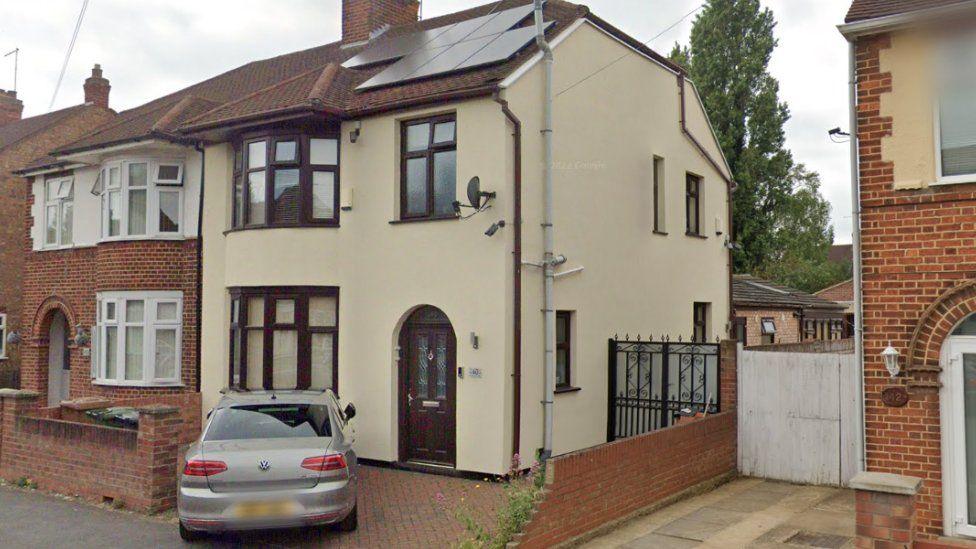Home extension considered child's 'safe place' stays

The child, who is non-verbal, lives with five adults and will soon be joined by a sibling
- Published
A family with an autistic child has been allowed to keep a housing extension despite it being refused retrospective planning permission, as it was considered their son's “safe place".
The majority of Peterborough City Council’s planning committee voted in favour of keeping the extension, which was built to accommodate the child’s needs, at a meeting this week.
Council officers had previously cautioned that the extension left “little garden area for future occupiers” of the property in Millfield, Peterborough.
But the four-year-old’s family asked that their circumstances be taken into account.
In an address to the committee, his grandmother said the room was “his safe place” where he could have “lights, colours, sounds, aromas and soft toys” to aid his relaxation and development.
She added that he “has the right to a good start and a happy life”, but that the family could not afford a larger house.
She added that the child, who is non-verbal, lives with five adults in the three-bedroom house and will soon be joined by a sibling.
Chris Harper, a councillor from Peterborough First, was one of three councillors to vote in favour of the officers’ recommendations to refuse the application.
He said that although the needs of the child were clear, there was “no proof” the sensory room could not be accommodated within the house, which had already had two extensions.
Brian Rush, a councillor from Peterborough First, also voted in favour of the officers’ recommendations, and said that “people shouldn’t be able to go out and just build what they like”.
'Needs of the child'
An application for an extension of the same size and scale was applied for last year but refused on design grounds, officers noted.
Officers had said that, aside from a doctor’s letter, “no further details or justification was provided” by the applicant as to why the room could not be accommodated elsewhere in the house.
Wayne Fitzgerald, a Conservative councillor, said that it was a “failure of the council’s planning team or the wider council if we’re not advising people of the evidence they need to support their application from our own social care teams”.
Officers responded that the needs of the child were not in question but rather the placement of the sensory room.
Mr Fitzgerald said that future occupiers of the house could always knock the extension down if they do not want to keep it, while the Labour councillor, Mohammed Jamil, said that the “needs of the child [should] prevail”.
In the vote, seven went against the officers’ recommendations and three in favour. There was one abstention.
Follow East of England news on Facebook, external, Instagram, external and X, external. Got a story? Email eastofenglandnews@bbc.co.uk, external or WhatsApp us on 0800 169 1830
Related topics
See Also
- Published15 February
- Published21 February
- Published21 February